30 Careers That Surprisingly Use AI & Machine Learning
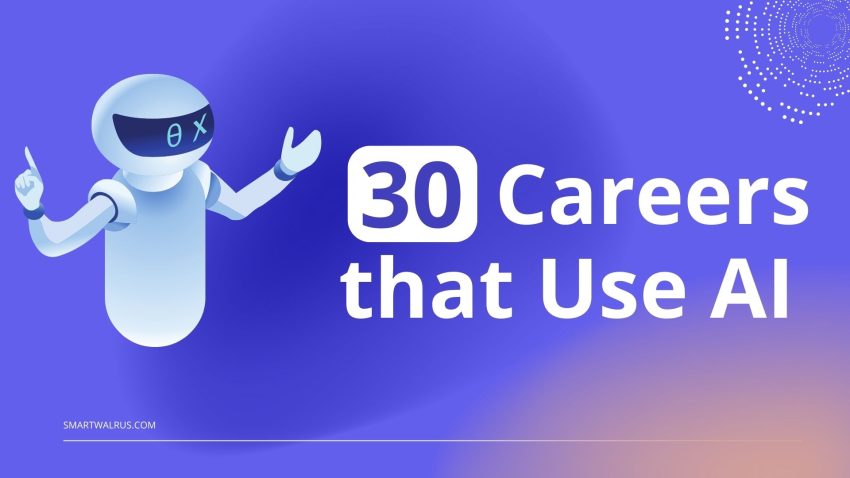
Machine Learning and AI Careers
AI careers are booming. Today, almost every industry is exploring the potential of artificial intelligence (AI) and machine learning.
Businesses are now looking to incorporate these technologies into their operations to achieve greater efficiencies, accuracy, and cost savings.
This article outlines some of the surprising careers that use AI and machine learning.
1. Web and UX Developers
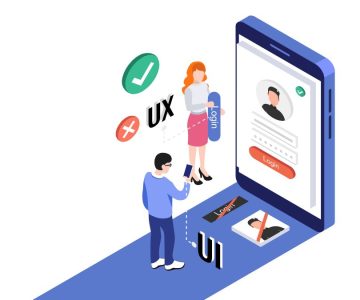
Whether it’s for chatbots, personalized shopping, or recommendation systems, AI is becoming increasingly important in the field of UX design.
By using AI to analyze data about user behavior, web developers can identify patterns and trends to improve the overall user experience.
2. Authors
AI-powered tools can help with the writing process itself. For example, AI-powered grammar checkers and style guides can help authors produce error-free editing. Natural Language Processing (NLP) understands the English language and can even write novels on its own.
3. Botanists
Botanists can use AI to automatically identify plants based on their appearance. For instance, AI careers can use image classification, object detection, and computer vision to train and detect everything from beehive health to wildlife behavior.
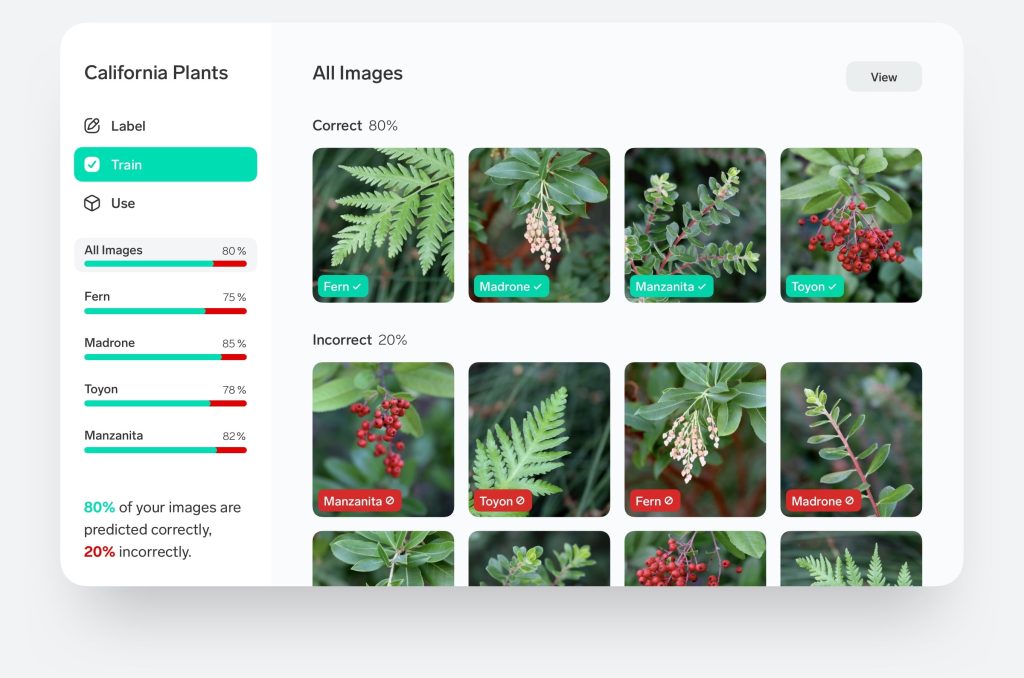
4. Statisticians
Statisticians use AI to predict events by analyzing past data and trends. By understanding how certain factors have influenced past events, they can develop models to predict future events.
For example, statisticians also use support vector machines (SVM), decision trees, and k-means algorithms.
5. Marketers
Marketers use AI-powered ads to target potential customers with personalized ads. By using AI to power their ads, marketers are able to target and connect with their audience, resulting in better conversions and ROI.
This information can then be used to allocate resources accordingly for more effective marketing strategies.
6. Artists
AI has begun to dabble in the art world, and our new digital pals are creating some pretty weird stuff. With the help of AI, more wannabe artists are now creating amazing pieces without even touching a brush or canvas.
A new generative AI system called DALL-E 2, can create realistic images and art from a description in natural language.
7. Business Intelligence (BI) Analysts

Businesses can obtain more comprehensive insights by analyzing both structured and unstructured data using AI-powered BI.
AI is the key to unlocking new value and unlocking new automated predictive insights and making predictions about future trends.
8. Robotics Engineers
Whether it’s for robotic vacuums, driver assistance, or solving Rubik’s cubes, there’s more than a handful of how AI is being implemented into the careers of robotics engineers.
Robotics engineers use AI to develop robots that are capable of performing complex tasks autonomously.
9. Environment Scientists
Environmental scientists are increasingly turning to AI to help them tackle some of the most complex challenges facing the planet.
By using satellite imagery and automated land cover, AI can help identify and analyze patterns in large datasets that would otherwise be too difficult or time-consuming for traditional methods.
10. Financial Advisors
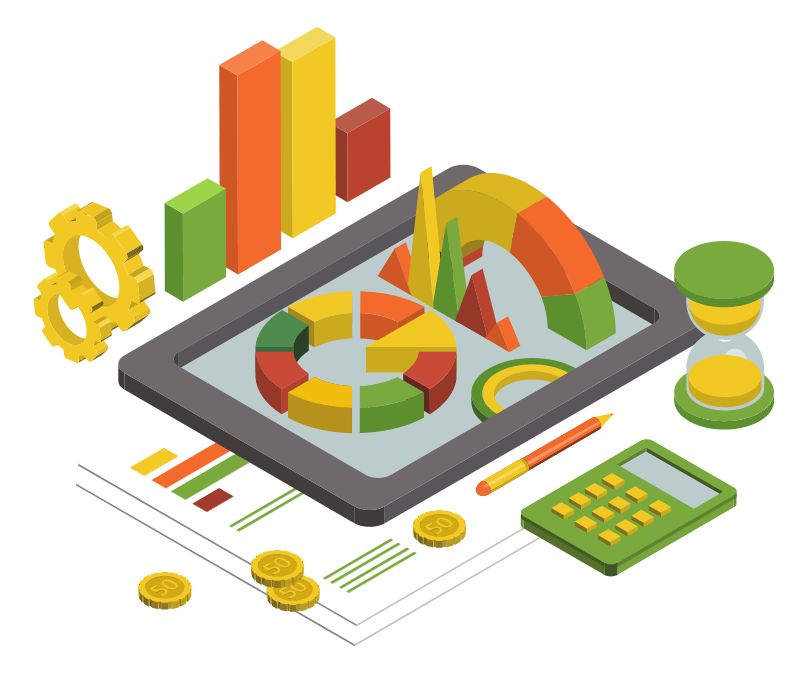
The financial sector has been quick to embrace the possibilities of AI, both to reduce costs and to improve the services they offer.
AI can be used in a range of ways, from algorithmic trading to fraud detection and credit scoring.
11. Cybersecurity Analysts
Cybersecurity has traditionally been about defending against known threats, but AI is changing the game. AI can detect and respond to malicious cyber activity in real-time.
These AI-powered solutions are now being used to monitor networks and detect potential malicious activities, block malicious traffic, and protect data.
12. Farmers
Farming has been revolutionized by the use of AI. Farmers can improve their crop yield, reduce crop losses due to pests and diseases, and optimize inputs such as fertilizer and water through precision agriculture.
Additionally, AI can enable farmers to make more informed decisions about when and where to plant, when to harvest, and how to market their produce.
13. Talent Recruiters
Talent recruiters are increasingly leveraging AI to help them streamline the hiring process and make more informed decisions about which candidates to select for open positions.
AI-driven recruitment tools can automate and expedite many of the manual tasks associated with recruiting, such as resume screening and scheduling interviews to improve the hiring process.
14. Health Care Professionals
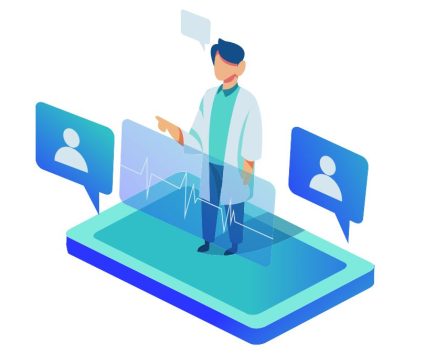
AI has the potential to improve patient outcomes, reduce medical errors, and streamline administrative operations in the healthcare industry.
From developing more accurate diagnoses to treatments for diseases, the use of computer vision of medical images can help identify early signs of disease.
15. Tattoo Artists
Generative AI is an emerging technology that has the potential to revolutionize the way tattoo artists create their artwork. Generative AI algorithms can be trained to generate unique designs, or even entire pieces of art, based on a set of parameters provided by the artist.
This technology has the potential to save time for tattoo artists, as they can quickly create several unique designs to present to their clients.
16. Software Developers
Generative AI is helping software developers by writing code in their everyday lives. Projects like Copilot, Ghostwriter, and AlphaCode are all examples of AI-based solutions for software developers.
In fact, Google’s secret project “Pitchfork” uses machine learning to write code and even update itself!
17. City Planners
AI-based solutions can be used to address a wide range of problems related to route optimization and smart traffic control. For instance, AI can be used to identify patterns in traffic flow and develop algorithms to recommend the best routes for drivers.
AI can also be used to analyze data from traffic sensors and cameras to determine traffic conditions in real time and make decisions about traffic signals, lane assignments, and other adjustments to improve traffic flow.
18. Interior Designers

Interior designers use AI to create 3D models of a room from 2D designs. Then, AI-powered software can recommend improvements or changes to optimize space.
Finally, AI can help visualize how a space will look before it is implemented with visual staging and design mockups.
19. Archaeologists
Archaeologists are increasingly utilizing machine learning and 3D modeling techniques to revolutionize the field of archaeology. These techniques have enabled archaeologists to identify burial sites in satellite images.
By using neural networks, researchers are able to detect subtle changes in elevation, vegetation, and soil characteristics that may indicate a potential archaeological site.
20. Music Producers
AI is revolutionizing the way music is created, produced, and promoted. On the creative side, AI can be used to compose entire pieces of music.
AI-generated music can be generated using algorithms that mimic the structure of existing music. AI systems use generative adversarial networks (GANs) to create entirely new compositions.
21. Surveillance

AI-powered computer vision has enabled surveillance systems to be more accurate and efficient than ever before. Computer vision is a subset of AI that focuses on enabling machines to interpret and understand visual data, such as images and videos.
When used in surveillance systems, computer vision can automatically detect objects, faces, and activities in videos, which allows for more accurate monitoring and better security.
22. Government
Governments use AI to improve the efficiency and effectiveness of their operations. For example, governments use AI in data analysis, predictive analytics, and automation.
One example is how governments use AI to help detect fraud and identify security threats. AI can also be used to improve public services, such as healthcare, transportation, and education.
23. Military
In recent years, the military has increasingly been using Artificial Intelligence (AI) to help operate their drones. AI-powered drones can be used for reconnaissance, surveillance, and other intelligence-gathering purposes.
AI can also be used to control the autonomous navigation of drones, allowing them to fly autonomously and avoid obstacles along the way. AI can also be used to athletically identify objects or people in videos or still images taken from drones.
24. Travel Agents
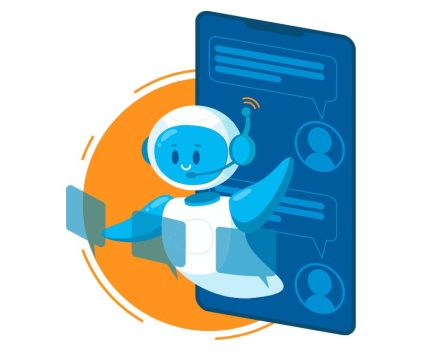
AI-powered chatbots are one of the most common ways that travel agents are utilizing AI. Chatbots can be programmed to quickly respond to customer inquiries, helping to reduce wait times and improve customer satisfaction.
Virtual travel agents can automate many of the mundane tasks that travel agents typically have to do, such as searching for flight and hotel availability and creating itineraries.
25. Utilities
Electricity companies are increasingly using AI to help with smart grids. Smart grids use intelligent systems to monitor and control the flow of electricity usage in order to reduce energy costs and optimize grid operations.
AI can be used to identify areas of inefficiency, detect outages and other issues before they become serious problems, and even predict customer demand so that supply can be managed more efficiently.
26. Climatologists
AI-driven weather prediction models use large datasets of historical data to help determine the probability of future weather events. By analyzing past weather patterns and events, AI can help identify and anticipate long-term changes in climate and seasonal shifts.
AI can also provide more precise forecasts of extreme weather events such as floods, hurricanes, and tornadoes.
27. Astronomers
Astronomers are increasingly turning to AI technologies to analyze and understand the vast amounts of data they collect from the universe.
Recently, a computer vision AI algorithm has contributed to the first image of a black hole by analyzing the light and dark pixels in images from eight telescopes.
28. Game Developers

Game developers have been leveraging AI to create increasingly immersive and interactive game experiences for players. One of the biggest areas of development is within chess engines (and AlphaGo) to create challenging AI opponents armed with heuristics and algorithms.
When AI is integrated into the game development process, it can also develop more realistic non-player characters (NPCs) to create dynamic and unpredictable environments.
29. Biologists
The potential of AI-enabled protein design is tremendous. Biologists are increasingly using AI like DeepMind’s protein-structure-prediction software AlphaFold in their research to speed up the process of designing new proteins.
AI-based protein design enables biologists to create entirely new proteins with specified properties and characteristics in a much shorter period of time than traditional methods.
30. Sports
From bet predictions to coaching and instant replays, the sports industry is increasingly using AI. AI-driven analytics can predict the outcomes of sporting events, enabling bettors to make more informed decisions on where to place their money.
AI can also create more accurate scouting reports of athletes, providing coaches with deeper insights into players’ abilities and helping them make more informed decisions about team lineups.
Machine Learning and AI Careers
AI careers are among the hottest jobs in technology right now, and there’s no shortage of companies that are exploring how to implement these technologies into their business operations.
AI careers are already revolutionizing industries to automate boring, repetitive tasks, and improve workflow and operations.
Companies are using machine learning and AI to transform the way they interact with customers and other stakeholders by providing new channels, services, and experiences.
Can you think of any other ways of implementing artificial intelligence? If you do, please send us your comments below.

Related Artificial Intelligence
The Ethics of AI: Balancing Advancements with Responsibility
10 Revolutionary Applications of AI in Household Settings
From Sci-Fi to Reality: Exploring the Evolution of Artificial Intelligence
5 Steps To Becoming A Machine Learning Engineer
A Guide to Python Libraries for Machine Learning
20 AI Websites That Can Transform Your Life
Top AI Data Analytics Tools You Can’t Miss in 2024
10 Virtual Girlfriend Apps to Build a Relationship